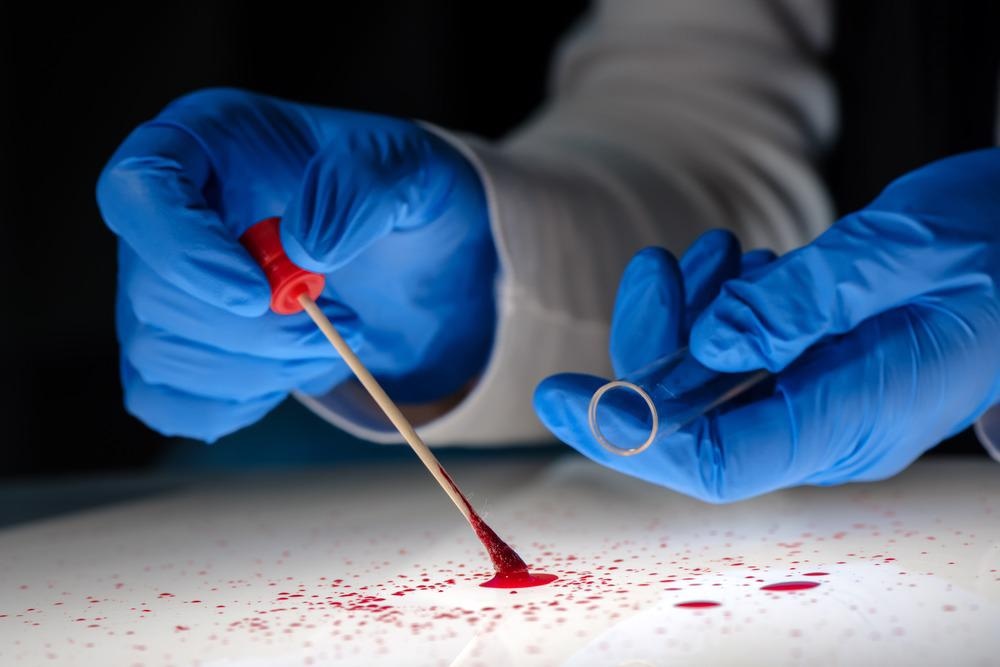
Forensic science is a multidisciplinary field that applies scientific principles to the analysis and interpretation of evidence in legal contexts. Its primary purpose is to provide objective and scientifically-based information to aid in the investigation and resolution of legal matters. Forensic science encompasses a wide range of scientific disciplines and techniques, and it plays a crucial role in criminal investigations, legal proceedings, and the justice system.
Edufabrica is an educational institution dedicated to providing specialized training and education in the field of forensic science. This institute offers programs and courses designed to equip individuals with the knowledge, skills, and techniques needed for a career in various forensic disciplines.
A career in forensic science offers a variety of opportunities across different specializations. The field continues to expand, providing professionals with diverse roles in law enforcement, laboratories, academia, and private sectors. Here are some prominent career opportunities in forensic science:?
Forensic Scientist:
Forensic scientists work in crime laboratories, analyzing evidence such as DNA, fingerprints, toxicology samples, and other forensic materials. They play a crucial role in criminal investigations, providing scientific support to law enforcement agencies.Crime Scene Investigator (CSI):
CSIs are responsible for collecting, documenting, and preserving physical evidence at crime scenes. They work closely with forensic scientists to ensure that evidence is properly handled and analyzed.Forensic Pathologist:
Forensic pathologists are medical doctors specializing in determining the cause and manner of death. They perform autopsies, examine medical records, and collaborate with other forensic experts in homicide investigations.Forensic Odontologist:
These professionals specialize in dental identification, analyzing dental evidence such as bite marks and dental records to identify individuals. They may work in collaboration with forensic pathologists and law enforcement.Forensic Anthropologist:
Forensic anthropologists analyze skeletal remains to help identify individuals and provide information on factors like age, sex, and ethnicity. They often work in collaboration with law enforcement agencies.Forensic Toxicologist:
Toxicologists specialize in analyzing biological samples to detect the presence of drugs, poisons, and toxins. They play a crucial role in cases involving drug overdoses, poisoning, and other toxic exposures.Digital Forensic Analyst:
Digital forensic analysts investigate crimes involving computers and electronic devices. They recover and analyze digital evidence such as emails, documents, and files to support legal investigations related to cybercrime.Forensic Psychologist:
Forensic psychologists apply psychological principles to legal issues. They may work in criminal profiling, witness preparation, or evaluating the mental state of individuals involved in legal cases.Forensic Accountant:
Forensic accountants investigate financial discrepancies, fraud, and embezzlement. They may work with law enforcement, corporations, or government agencies to analyze financial records and provide expert testimony in court.Crime Analyst:
Crime analysts use data and statistical methods to support law enforcement efforts. They analyze crime trends, patterns, and statistics to help develop strategies for crime prevention and investigation.Forensic Serologist:
Serologists specialize in the analysis of bodily fluids, such as blood and semen, to determine blood type, DNA profiling, and other relevant information for criminal investigations.Forensic Engineer:
Forensic engineers investigate accidents, structural failures, and other incidents to determine the causes. They may work on cases involving traffic accidents, building collapses, or industrial accidents.Forensic Science Educator/Researcher:
Professionals in academia contribute to the field through teaching and research. They may work at universities, colleges, or research institutions, advancing forensic science knowledge and training future professionals.Forensic Consultant:
Experienced forensic scientists may work as consultants, providing expertise to law firms, private companies, and government agencies on specific cases or projects.
Forensic science plays a critical role in ensuring the fair and just resolution of legal matters by providing scientifically sound evidence. It is an essential tool for law enforcement, legal professionals, and the criminal justice system as a whole.
To pursue a career in forensic science, individuals typically need a relevant educational background (often a bachelor's or higher degree in a related field) and, in some cases, specialized certifications. Gaining practical experience through internships or entry-level positions is also beneficial in this field.
Edufabrica offers a range of academic programs and short courses tailored to different levels of expertise. These may include certificate programs for specific specializations like DNA analysis, digital forensics, or crime scene investigation.
Edufabrica focus on providing specialized training in key forensic disciplines, such as forensic biology, forensic chemistry, forensic anthropology, forensic psychology, and more. This allows students to develop expertise in their chosen area of interest.
Edufabrica typically have faculty members who are experts in their respective fields. These instructors may have practical experience working in forensic laboratories or with law enforcement agencies, bringing real-world insights to the classroom.
Lorem ipsum viverra feugiat. Pellen tesque libero ut justo, ultrices in ligula. Semper at. Lorem ipsum dolor sit amet elit. Non quae, fugiat nihil ad. Lorem ipsum dolor sit amet. Lorem ipsum init dolor sit, amet elit. Dolor ipsum non velit, culpa! elit ut et.
Lorem ipsum dolor sit amet elit. Velit beatae rem ullam dolore nisi esse quasi, sit amet. Lorem ipsum dolor sit amet elit.